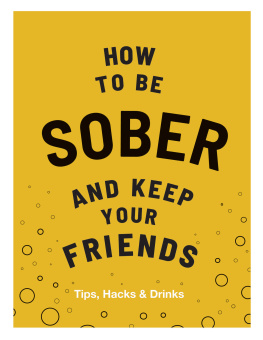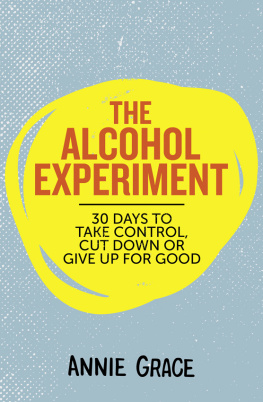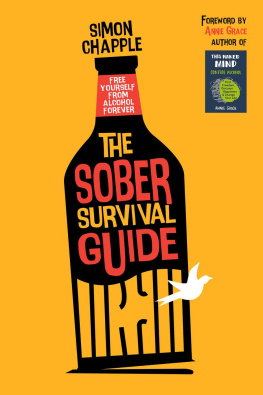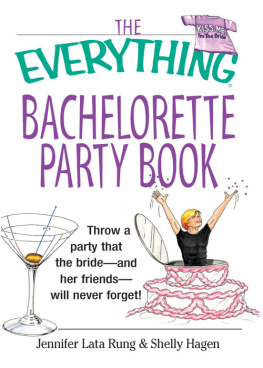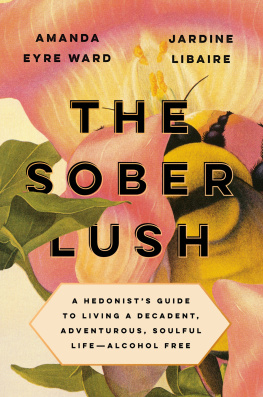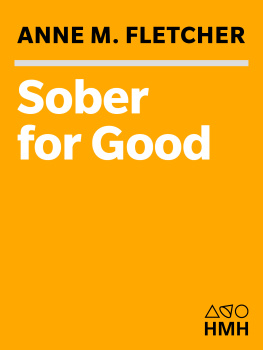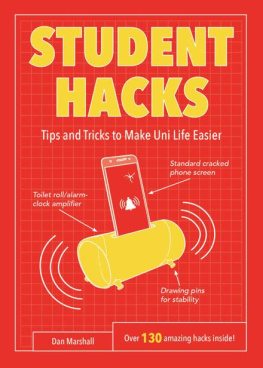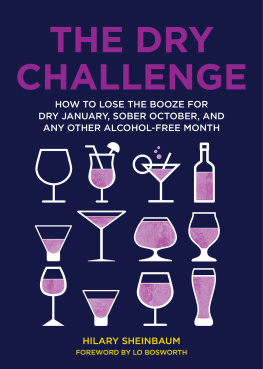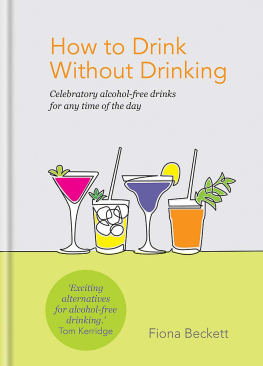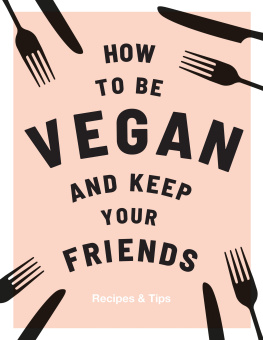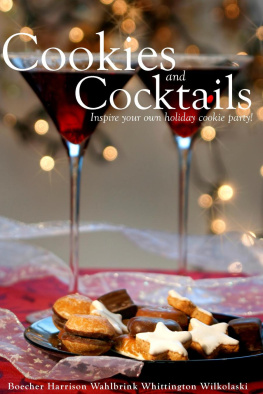Contents


There are plenty of great words associated with drinking: fun, sparkling, tipsy, giddy, crazy, wild, laughter. But when it comes to sober, according to the dictionary, were suddenly looking at: serious, sensible, solemn, grave, sombre, severe and earnest. It seems theres a stark choice you can either be fun, a massive laugh and have a great time with people who love hanging out with you over a bottle or three. Or you can be your old headmistress with toothache.
We are bombarded with messages that alcohol is the fast route out of Dullsville to a life of glitter and popularity, where mishaps become memories and a hangover is a small price to pay for friendship and fun. From adverts to greetings cards to social media, the idea is constantly hammered home that drink is our special reward for getting through the day. Whether its prosecco oclock fridge magnets, weary parents posting GIFs of housewives slugging gin or images of sun-dappled meadows with friends sharing cider and good times, there is no escape from the idea that booze is the answer to every ill.
I notice all this because I felt that way too. I loved alcohol like my own sister for decades. The worst it ever did to me was the occasional revoltingly painful hangover, usually forgotten by the next day, and some questionable kissing choices in my youth. I never hit rock bottom, I never answered a shame-faced yes on any of those grim questionnaires about how much youre ruining your life by boozing (I mean, obviously I was late for work due to drinking the night before, sometimes, but who isnt?), I never suffered any booze-related injuries (unless you count once cutting my gum on some cocktail ice) and I cant think of any relationships that were dramatically harmed by my drinking. Some were probably improved.
So for years I staggered merrily along with my after-work glass of wine or three, and my out-for-drinks gin, and my may as well get another bottle suggestions; as I bobbed through life supported by a gently flowing current of booze.
Then I got a bit older and suddenly, after a few glasses, I started to wake up feeling as though somebody had clamped my head in a vice, and stuffed a rotting guinea pig into my mouth while I slept. There was also the issue of The Flush where one glass of wine would ensure a glowing red stripe across my face, like a menopausal badger. Eventually, I realised I was no longer really enjoying drinking, so I read a book about quitting, googled some tips and tried a week without a drink. That wasnt too hard, so I extended it and felt much better. Waking up feeling normal was a huge bonus. Not having to worry about running out of wine was another. The only issue, in fact, was having to explain to people why I wasnt drinking as, No, Im not an alcoholic Im just having a break from booze is exactly what alcoholics would say, and I didnt want to start rumours that I was days from rehab.
So I had to think about all the other reasons why I was better off without booze. Once Id done that, it was time to confront what was stopping me simply not drinking. Then I had to look at what might make me want to drink again whether that was friends, social pressure, emotional states (and I have many) or just habit. And now Ive done it and I can tell you exactly how I managed it. A word of reassurance first: its not nearly as hard as you think its going to be.
There is plenty of information out there on why not drinking alcohol or cutting down significantly makes us healthier, happier people. The trouble is, we either dont want to hear it or dont believe it or both. But the arguments are compelling, once youre prepared to put down the giant glass of pinot and, brace yourself, actually absorb them, instead of sticking your fingers in your ears shouting lalalalalala. Such as
*More energy
Ethanol is a poison. So when your exhausted body is spending the morning / entire day / whole weekend trying to purge the toxins from your bloodstream, there isnt much perky motivational energy left over. It also ruins your sleep you may fall asleep faster, but you are more likely to wake up during the night and fail to get properly restorative REM sleep.
*Better skin
Alcohol is a diuretic, which means it makes you wee more and drains the water out of your cells so dry skin and lines are far more obvious after a drinking session. It also causes inflammation, which manifests as redness and puffy face.
*More money
I didnt want to work out even roughly what I used to spend on booze per month, let alone over an adult lifetime. But it was clear within a few weeks that there was magically more money in my account. I didnt have that little wince in the supermarket when the bottles clinked to a halt and the cashier said the total out loud. And eating out was instantly affordable, in a way it had never been before. The first time I opened a wineless restaurant bill, I thought it was a mistake.
*Less worry
As a fairly anxious person, I was very familiar with the whole heart-pounding scenario of waking at 4am and spooling through an evening of mortifying errors and terrible decisions. When you throw in stupid things I did and said while drunk, the resulting review could last for hours. Without booze, I only had to worry about the things I did sober.
*Better decisions
The trouble is, you have every intention of making good choices, and until the second drink hits your bloodstream, youre on track. Youre going home after two drinks. Youre not going home with your work crush. Youre going to the gym first thing. Youre not going to end the evening on the late bus with a reeking kebab in your lap. And its all true, until the alcohol subtly loosens your resolve. Because youre having fun! Life is about enjoyment! Time is short! Until the regret and the hangover and the lost phone and keys (and possibly job and relationship) kick in. Without the drink, you know how much fun youre actually having. With it, its horribly easy to mistake out of control for having a great night.
*Better health
The boring but valid one. Drinkaware recommends no more than 14 units a week for both men and women thats six glasses of 13% ABV wine, or six pints of 4% ABV beer. Several recent studies have now found that there is no safe amount of alcohol its better for health not to drink at all. And regularly drinking over the recommended limit or binge drinking (which means six or more units for women or eight or more for men in a single session and no, going to the loo in between doesnt count) can contribute to heart disease, some cancers, liver disease, high blood pressure, stomach ulcers, depression, anxiety and, of course, some of the most crippling hangovers known to man. (Im thinking particularly of the one when the cat purring on the bed sounds like a monster truck revving outside.) The governments advice is now that consuming any alcohol at all can be harmful.
*Better relationships
Its fair to say that, like most drugs, alcohol amplifies emotions. And if youre feeling a bit emotional anyway, it will take those normal feelings and blow them up into vast, unmanageable frenzies of hysterical passion. This is probably why I always had a taxi row with my ex after a night out, and why it hurts so much more when the person you fancy leaves the bar with someone else. It hurts mildly anyway, but on booze, it feels like the end of

